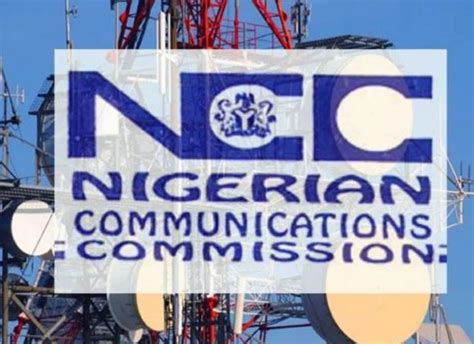The Nigerian Communications Commission (NCC) has set the stage for a significant shift in the telecom sector by greenlighting a 50% tariff increase for telecom companies. This marks the first time such an increase has been approved in nearly eleven years, sparking a wave of conversations and debates within the industry.
Amidst rising inflation rates, the NCC had initially aimed to maintain stability in voice and data costs. However, with mounting losses following a devaluation of the naira, the regulator found itself at a crossroads where action was necessary. The decision to increase tariffs came after intense discussions between telcos and regulators, revealing insights from behind closed doors that shed light on the complexities of the situation.
According to a telecom executive who preferred anonymity when speaking to TechCabal, discussions between telcos and regulators began as early as October 2024. At that time, telecom companies were pushing for a substantial 100% tariff hike for both voice calls and data services. Understandably, such a steep increase raised concerns about its potential repercussions on consumers.
The NCC’s primary goal during this period was to strike a delicate balance between safeguarding the interests of telecom consumers while also ensuring the long-term sustainability of the industry. They recognized that any decision made would have ripple effects across various stakeholders within Nigeria’s telecommunications ecosystem.
In an official statement released by the NCC, it was mentioned that while some network operators had requested over 100% tariff hikes, the approved adjustment capped at 50% aimed to factor in ongoing industry reforms geared towards promoting sustainability. This move reflects not only regulatory considerations but also strategic foresight into fostering growth and innovation within Nigeria’s telecommunications landscape.
Expert Insights
Telecom analysts view this tariff approval as a pivotal moment that could reshape how telecommunication services are perceived and accessed by Nigerians. With increasing demands for improved connectivity and digital solutions, striking a balance between affordability and industry viability is crucial for long-term development.
“In an ever-evolving digital age where connectivity is no longer just a luxury but a necessity, decisions like these can influence how effectively telecommunications infrastructure can support societal needs,”
remarked Dr. Adebayo Adekunle, an expert in technology policy analysis.
Looking ahead
As we anticipate how this approved tariff increase will unfold throughout 2025 and beyond, one thing remains certain – changes are on the horizon for both telcos and consumers alike. The impact of this decision will reverberate through pricing structures, service offerings, consumer behaviors, and even market dynamics within Nigeria’s telecom sector.
So buckle up as we embark on this journey together – navigating through transformations in tariffs that could potentially shape our digital experiences in ways we never imagined before.

